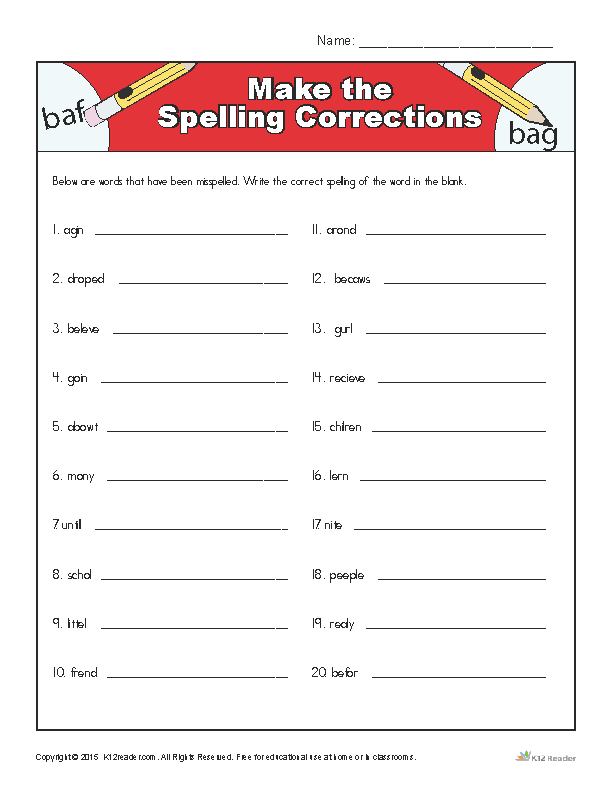
Webster attempted to create greater spelling consistency within the English language but with varying degrees of success. This is the exact spelling that he would use in The Webster Bible of 1833, a revised version of the King James Bible. However, by the time he published An American Dictionary of the English Language in 1828, he evidently changed his mind since he listed “worshiped,” “worshiping,” and “worshiper” ( source). Interesting y, Noah Webster’s A Compendious Dictionary of the English Language in 1806 did not list the past tense or past participle of “worship,” but it did list “worshipper” with two p’s. The variant spelling “worshiped” originated with the great American lexicographer Noah Webster. The Aitken Bible, printed by Robert Aiken, also shared the same spelling ( source). The King James Bible and the Geneva Bible were the earliest translations in the British colonies of North America, where they could not print Bibles legally.Īfter America gained its independence, Congress approved the first Bible printed in the United States, the Aitken Bible. The King James Authorized Version came out in 1611, and it too contained the Modern English “worshipped.” King James I authorized the translation of the King James Version of the Bible in 1604. William Shakespeare, who used the Geneva Bible, spelled it variously as “ worshipp’d” or “worshipped” in his works ( source). Later, William Tyndale published his vernacular translation of the Bible in 1525, and it used the Modern English spelling “worshipped,” as would the Geneva Bible in 1560 ( source). For instance, the Middle English Compendium also lists the spelling “ worschipid” ( source). Middle English saw significant variation in verb inflection by region, and this was only one way to indicate the past participle ( source). The earliest translation of the Bible into English by John Wycliffe used the Middle English spelling “ worschipe” for the simple present tense and “ worschipiden” for the past participle ( source). I suspect that much of this has to do with early translations of the Bible and the King James Version in particular. Similarly, the Corpus of Contemporary American English lists 1420 examples of “worshipped” compared to 889 examples of “worshiped” ( source). While both spellings are acceptable in American English, “worshipped” remains the most common spelling, as a simple Google Ngram search will indicate ( source). Worshiped and Worshipped in English Literature That is a church where they go to worship.Intransitive verb: to perform or take part in worship. The ancient Romans worshiped Jupiter Capitolinus.Transitive verb: the act of offering reverence and homage to the divine.


However, “worship” can also refer to extravagant or even excessive admiration or devotion to someone or something, such as money or a romantic interest. Simply put, worship is the glorification of God. The usage we’re most familiar with emerged in Middle English when it came to mean the veneration of the holy, especially God ( source).Įaston’s Bible Dictionary defines it simply as “homage rendered to God which it is sinful (idolatry) to render to any created being (Ex. In American English, if someone addresses you as “Your Worship,” more often than not, they’re mocking you as pretentious. However, this usage is now primarily limited to British English. We also see it in the titles of skilled workers’ societies, such as the “Worshipful Company of Educators” ( source).


 0 kommentar(er)
0 kommentar(er)
